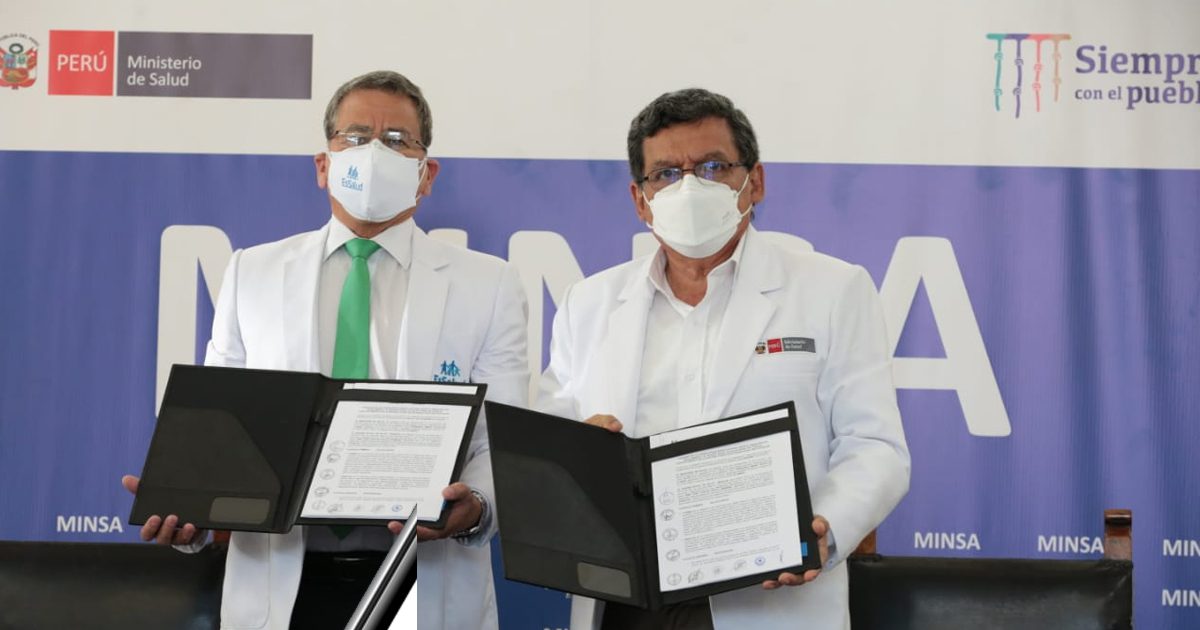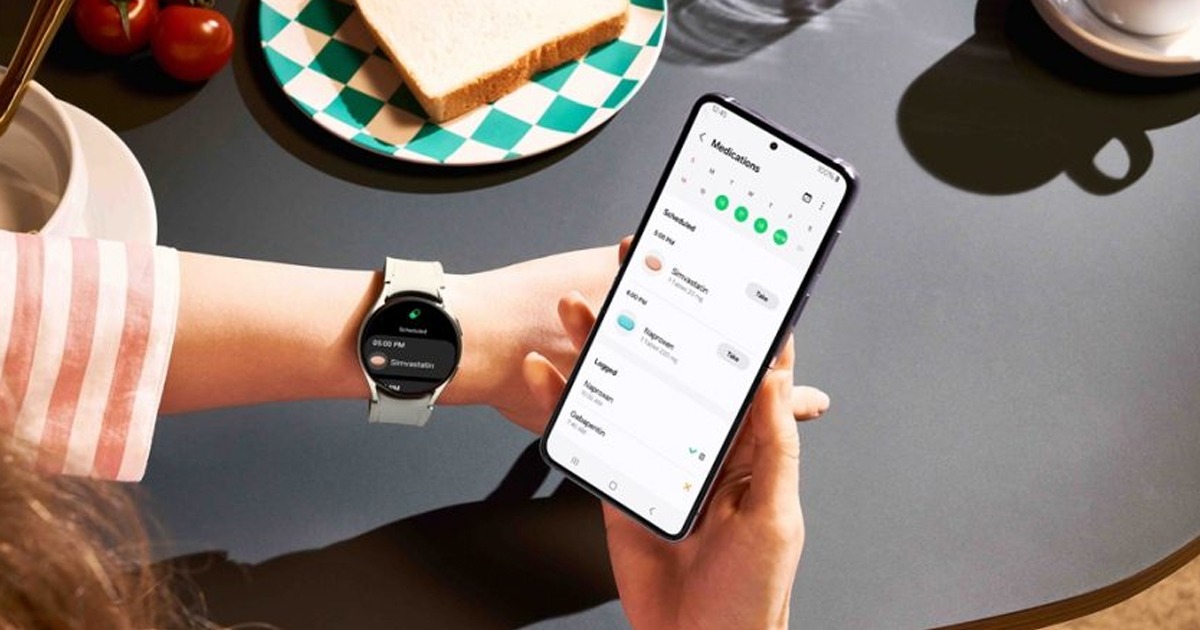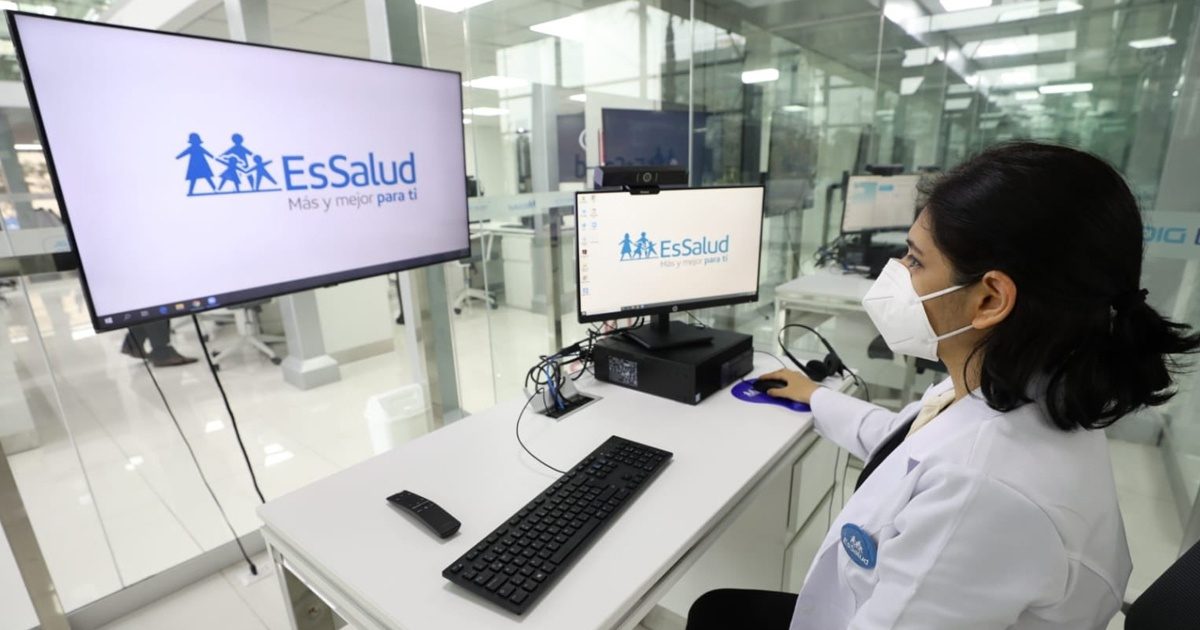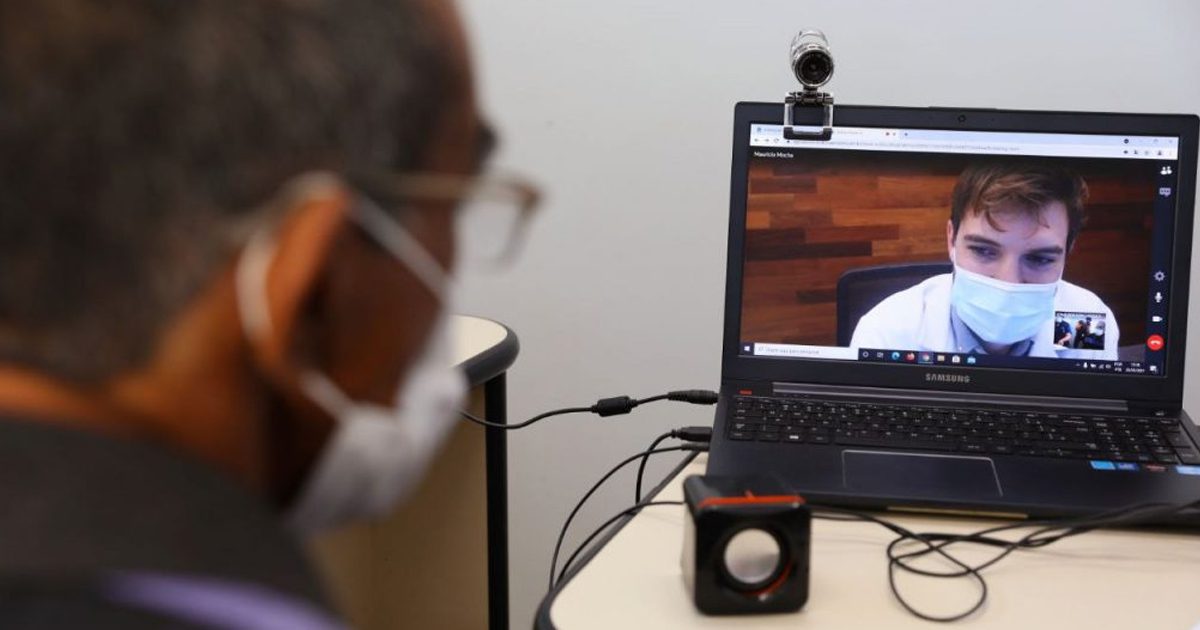In addition to its partnership with Google for the Contact Tracing tool, Apple has implemented different measures to study the spread of the virus and prevent contagion.
Since the beginning of the pandemic, Apple has developed tools to measure mobility among its users and for the surveillance and monitoring of COVID-19 symptoms.
One of the technology company's first actions was to enable the mobility data of its users to prevent possible COVID-19 contagions. This tool generates data trends through mobility in the Apple Maps app, this type of data is useful for governments and authorities, to use as a basis for new measures of social estrangement or for the creation of public policies.
In Mexico, for example, it shows in a graph that from January 13 to June 17, mobility has been reduced by 29% in cars, 40% in pedestrians and 62% by public transport among Apple Maps users. Within the https://www.apple.com/covid19/mobility platform you can access mobility data from several of the most important cities in Mexico and almost every country.
To take care of user data security and privacy, Apple Maps does not associate user data with their Apple ID credentials, nor does it save location histories, as mobility information is generated by the number of requests when users enter to the Maps app. This data will be available for a limited time during the pandemic.
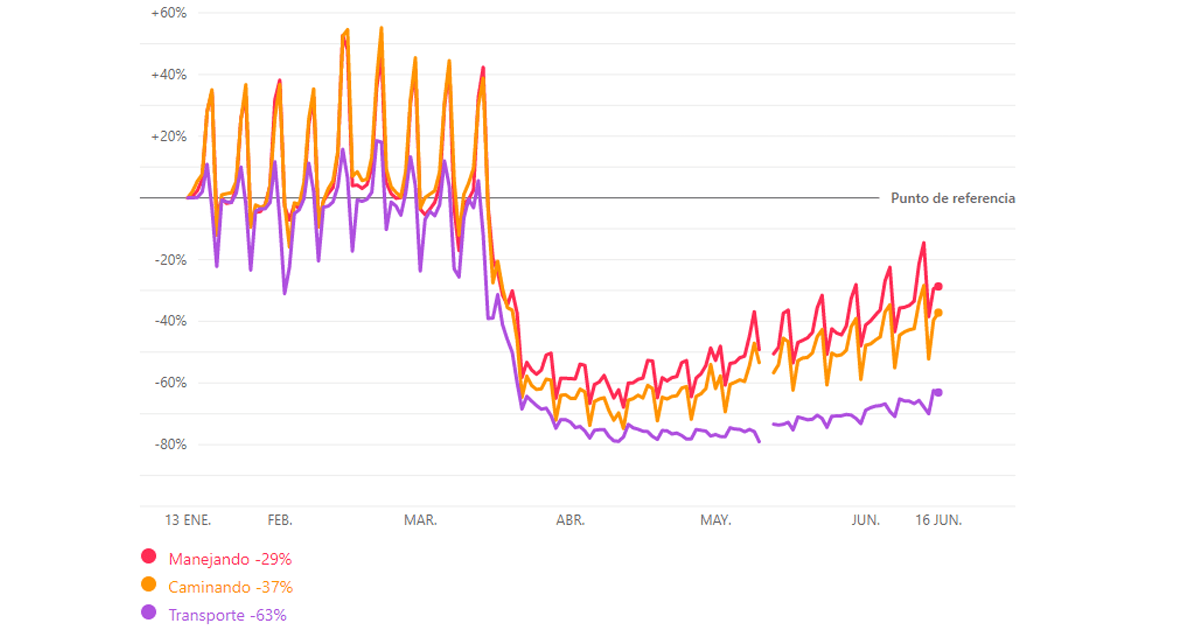
Another of Apple's actions during the pandemic has been the update of its Artificial Intelligence assistant, Siri. The update consisted of implementing a symptom guide, as well as providing links for downloading a telehealth app for those users looking for more information. In addition, Siri asks a number of questions about the user's symptoms when the user asks questions about COVID-19.
MOBIHEALTH NEWS
MANZANA

